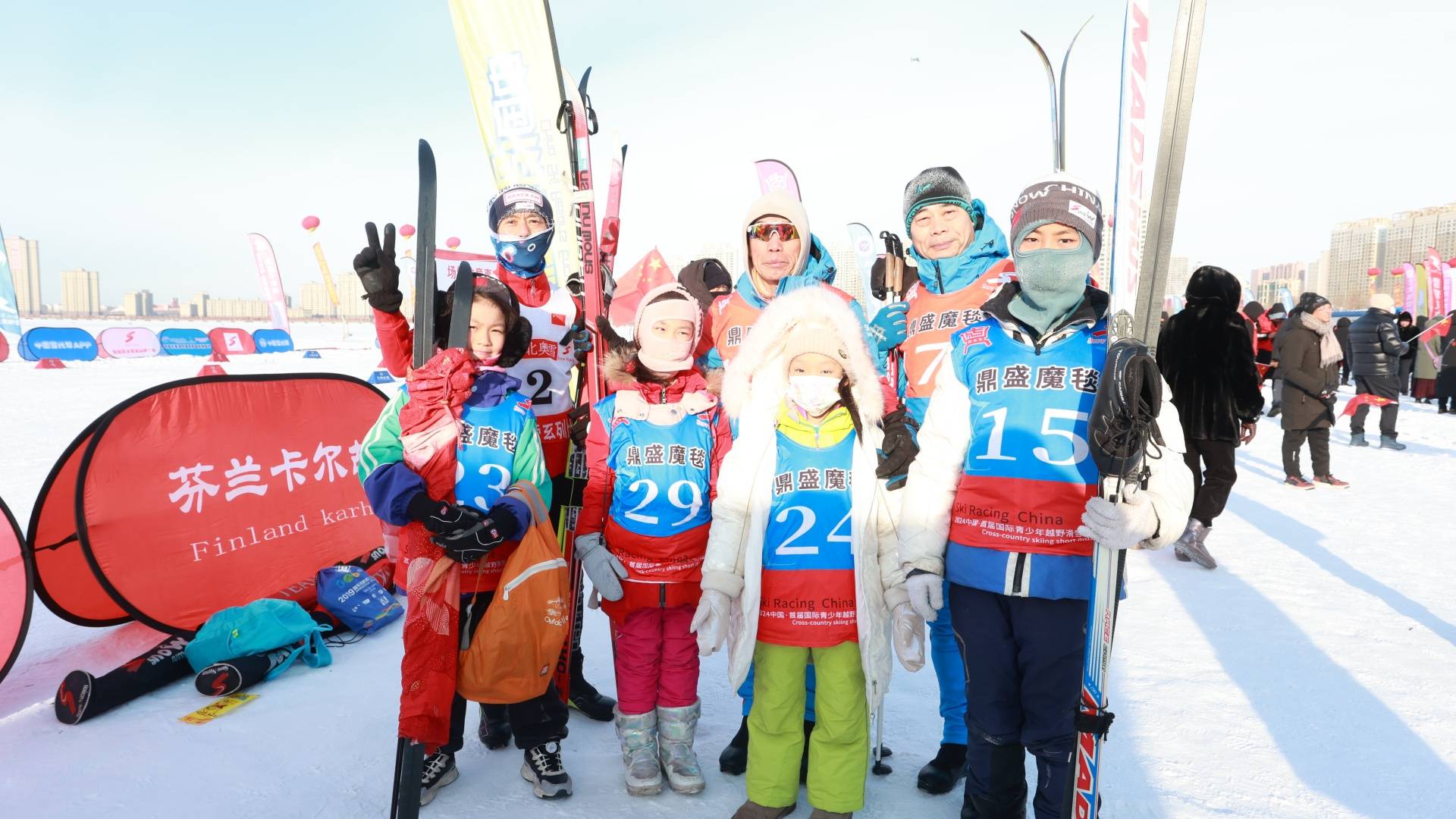
Cctv newsOn January 25th, a press conference was held in National Health Commission to introduce the prevention and control of infectious diseases in winter and spring and the prevention and response of common diseases during festivals. Li Zhongjie, a researcher at the Center for Disease Control and Prevention of China, said in response to a reporter’s question that some non-drug interventions are very important for the flu in a confined space.
journalistThe question is about influenza prevention. At present, most of the working environment is a writing room. In this state, one person may get sick, which may cause everyone to get sick. How to prevent influenza in this case?
Li ZhongjieA place with a relatively closed writing room is indeed a high incidence place for the spread of respiratory diseases, especially in winter and spring, when it is cold and airtight outdoors, it is easier to spread pathogens. For the flu, some non-drug interventions are very important in a confined space, that is, some good hygiene habits, especially in the writing room mentioned just now, such a specific place. If an individual has flu-like symptoms,Patients are not encouraged to go to work sick.For the sake of your own health and the health of others around you, you mustDo isolation.. If the illness gets worse, you should seek medical treatment in time, which is a good protection for yourself and others.
Emphasize again aboutWash your hands frequently.This habit is simple and easy to do, but if you really develop good habits and stick to them, you can prevent many other diseases, including influenza, including other contact-borne diseases.
In such a specific gathering place,Environmental cleanliness and hygieneVery important, the spread of influenza is mainly through two ways. One way is close, the droplets spread between the patient and the surrounding people. When the patient coughs or sneezes, the droplets are directly sprayed into the mouth of the surrounding people. In addition, after the virus is discharged from the patient, it will stay on the surface of the object for a period of time. If people around it touch the mouth and nose again, it is also a way to spread the flu. Therefore, it emphasizes the daily cleanliness of personal working environment and public environment, and insists on daily cleaning.
Attachment: Personal daily protection knowledge of influenza provided by Health and Health Commission.
To prevent respiratory infectious diseases such as influenza, we should first start with personal daily protection, and pay attention to good personal hygiene habits at ordinary times, including:
(1) Wash your hands frequently;
(2) Regularly open windows for ventilation;
(three) take the initiative to vaccinate against influenza before the arrival of the influenza epidemic season;
(4) During the influenza epidemic season, the elderly and patients with chronic diseases should try their best to avoid going to crowded places and contact with patients with respiratory infections;
(5) After flu-like symptoms appear, keep good respiratory hygiene habits, cover your mouth and nose with paper towels and towels when coughing or sneezing, wash your hands after coughing or sneezing, and try to avoid touching your eyes, nose or mouth.
(6) When family members have flu patients, they should try to avoid contact with each other, especially when there are elderly people and patients with chronic diseases at home.
(7) When the parents of children with flu symptoms go to the hospital for treatment, they should also do a good job in protecting the children and themselves (such as wearing masks) to avoid cross-infection.










